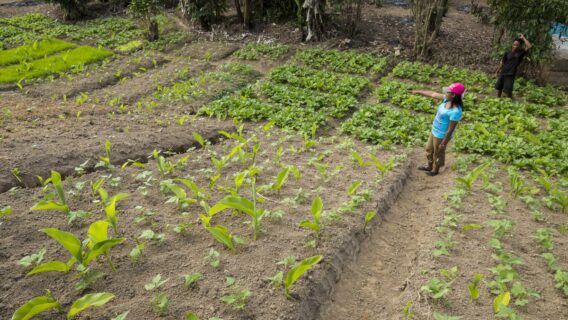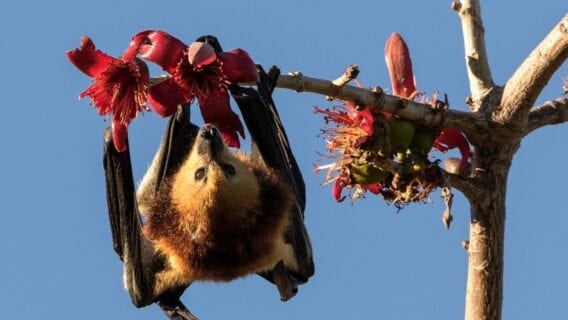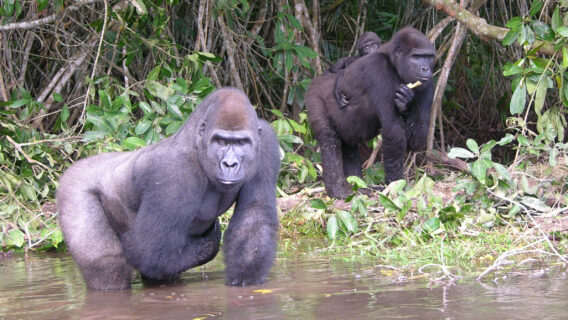IUCN Save Our Species joins the IUCN Africa Conservation Forum 2024 hoping to influence discussions around species conservation

As global priorities and private sector interests shift, we are currently experiencing a de-priorisation of species recovery. Consequently, the funding landscape for species conservation remains a challenging environment at a time when the global extinction risk for species is increasing.
To solve this problem, the pressing need to re-frame the importance of species recovery within the broader biodiversity conservation agenda is apparent, in order to further highlight the key role species and local communities play in nature recovery.
This half-day workshop aimed to provide an opportunity for IUCN members to identify opportunities for enhancing species conservation action strategies across the African continent, and assess their needs related to species assessments for umbrella, keystone, and migratory species.

After a series of presentations, participants discussed three key areas of species conservation: species assessment, species planning, and species conservation action. These discussions focused on the challenges faced by key stakeholders in conservation, and on formulating recommendations to IUCN for a more effective response to the species extinction crisis.
The workshop highlighted several transformative strategies to enhance species conservation, aiming to create a more integrated and effective approach. Participants emphasized the importance of improving species management through better data coordination, fostering greater community involvement, and investing in capacity building. By enhancing these areas, conservation actions can become more targeted and impactful. Additionally, enhancing access to IUCN tools for local communities, with a focus on building capacity and overcoming language and communication barriers, was discussed as essential for empowering local stakeholders to actively participate in and contribute to conservation efforts.
A significant focus was placed on linking species conservation with broader socio-economic development goals. This approach ensures that conservation efforts also contribute to poverty reduction and the development of sustainable infrastructure, making the benefits of conservation more tangible to local communities. Integrating climate change adaptation measures into species action plans was another crucial recommendation. This ensures that conservation strategies remain resilient in the face of emerging climate impacts, safeguarding species and their habitats for the future.

Improving policy frameworks and governance systems was identified as essential for providing better support to both species conservation and community needs. Effective policies and governance structures can create an enabling environment for conservation initiatives to thrive. The inclusion of Indigenous knowledge within various IUCN specialist groups was highlighted as a valuable asset, offering unique insights and practices that can significantly enrich conservation strategies.
The workshop emphasized the importance of adopting transboundary and continental approaches to conservation. Such approaches facilitate the sharing of knowledge and best practices across different regions, promoting a more unified and effective conservation effort. Facilitating the Red Listing process at the country level was also discussed, making it more accessible and streamlined for national conservation efforts. Finally, participants urged the IUCN to lead in developing a sustainable financing strategy for species conservation. Securing long-term funding is crucial for the continuity and success of conservation programs.
The IUCN Save Our Species team looks forward to continuing this momentum, working together with local communities, stakeholders, and policymakers to implement these strategies. With continued dedication and support, there is hope that meaningful progress can be made in combating the species extinction crisis and fostering a sustainable future for Africa’s diverse wildlife.
Independently organised by IUCN staff, members, commissions and councillors, Pre-Forum events were held ahead of the start of the African Conservation Forum aiming to provide inputs to guide the discussion during the ACF. They thematically pull together key messages and insights that can inform panel discussions on the first day of the Forum.




